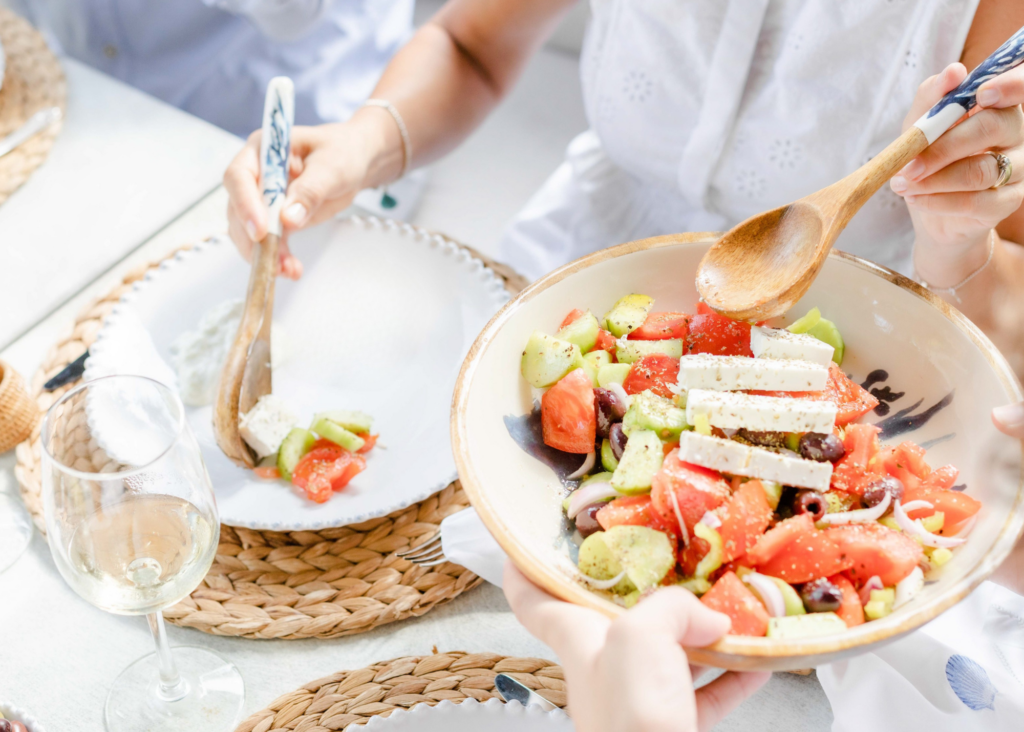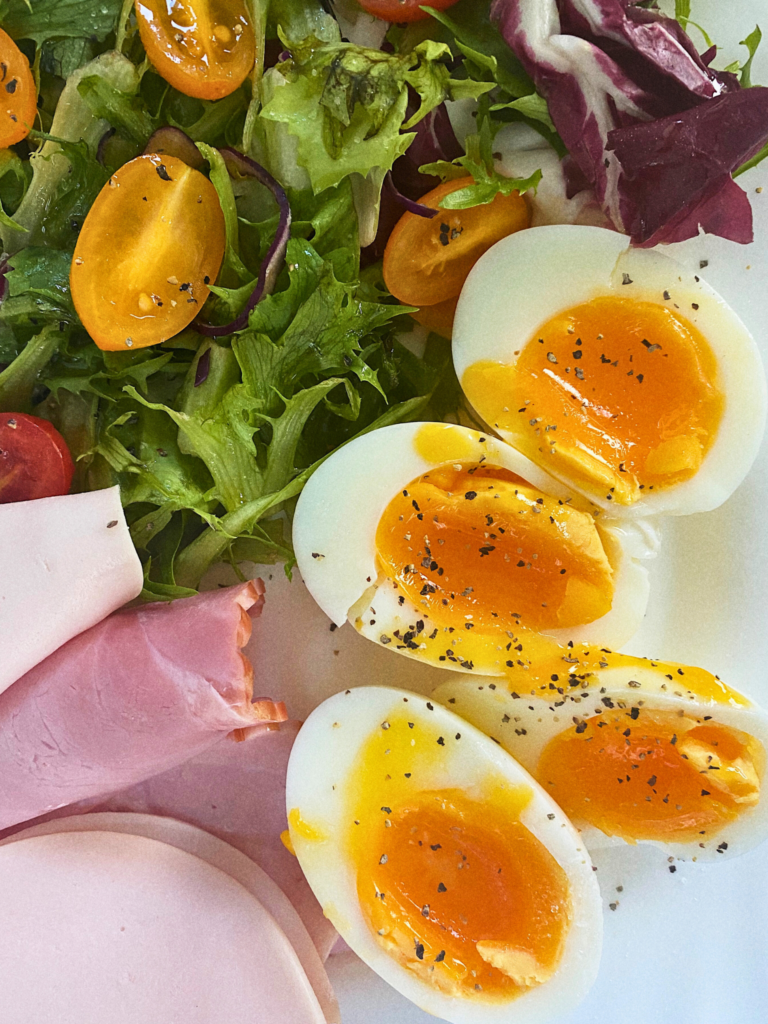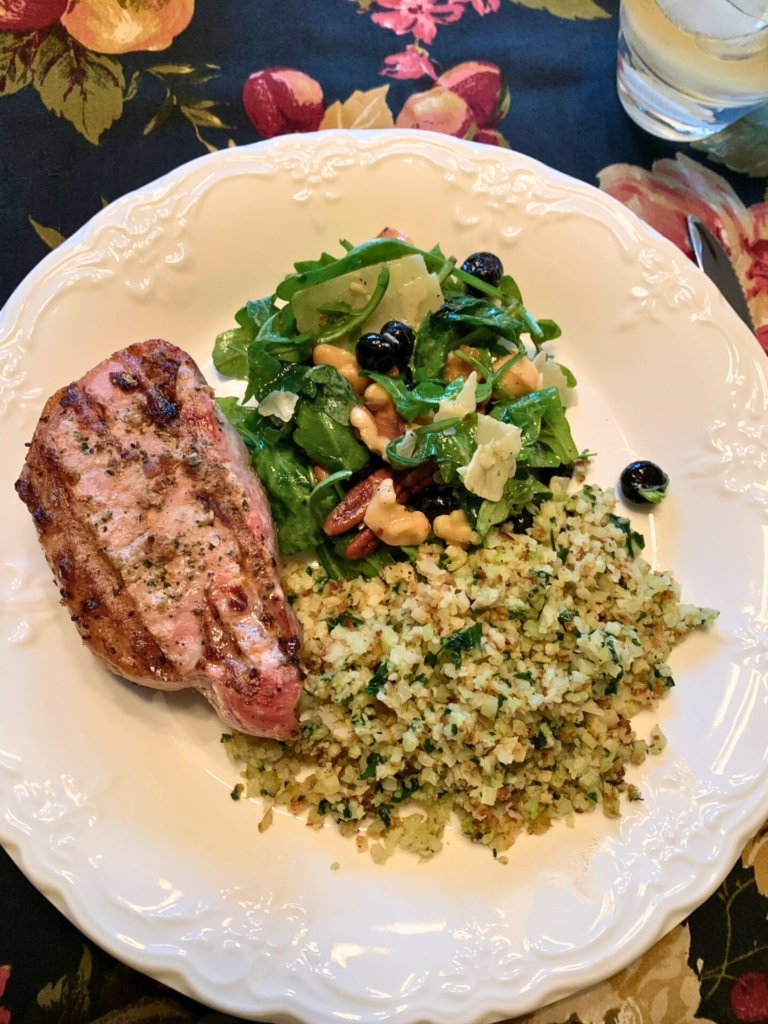
Hey, Mama! I know your days are full—school drop-offs, practices, appointments, and making sure everyone is where they need to be. And that’s not even counting the everyday T1D caregiving responsibilities. You truly are Supermom!
One of the biggest questions I hear from other T1D moms is: “How can I support steadier blood sugars without feeling like I’m constantly micromanaging meals and snacks?”
The good news? Small, simple changes can make a big impact over time. And that’s exactly what I’ll be sharing in today’s post!
Before we dive in, remember that every T1D child’s needs are unique. Be sure to check with your trusted healthcare provider for guidance on what works best for your family.
With that in mind, here are three easy blood sugar balance tips to help make your day-to-day smoother.
Tip #1: Start Your Day with Protein and Healthy Fats
Breakfast sets the tone for the day. Starting with high-carb meals (like cereal, toast, or juice) may lead to energy dips later. Many families find that including protein and healthy fats in the morning helps support more balanced energy levels.
Easy swaps to try:
- Scrambled eggs with avocado instead of cereal
- Full-fat Greek yogurt with chia seeds instead of flavored, high sugar yogurt
- A protein-packed smoothie with nut butter instead of a fruit-heavy one
Quick win: Try protein first in the morning and see if you notice a difference in energy and cravings.

Tip #2: Keep “Just in Case” Snacks on Hand
As any T1D mama knows, the T1D journey can be unpredictable, and life doesn’t always go as planned. Having go-to blood sugar-friendly snacks on hand helps reduce stress when you’re on the go.
Smart grab-and-go snack ideas:
- String cheese and nuts
- Hard-boiled eggs
- Mini guacamole cups with seed crackers
- Protein bars with low sugar & high fiber
Quick win: Prep 2-3 grab-and-go snacks today and stash them where you need them most!

Tip #3: Focus on a Blood Sugar-Supportive Dinner
After a long day, it can be super tempting to grab whatever is easiest for dinner, but being intentional with your last meal of the day can make a HUGE difference in how nights unfold.
Many T1D caregivers notice that when dinner is balanced with protein, fat, and fiber, it can help prevent energy crashes, restlessness, and nighttime headaches.
Easy dinner-building formula:
- Protein: Chicken, salmon, grass-fed beef
- Healthy fat: Avocado, olive oil, nuts
- Fiber-rich veggies or whole food carbs: Roasted Brussels sprouts or cauliflower mash
Quick win: Tonight, swap one processed carb for a fiber-rich veggie or a healthy fat and see how it feels!

You’ve Got This, Mama!
T1D caregiving is a journey, but small, intentional choices can make it feel smoother and less stressful.
Which tip are you excited to try first, and why? Know I’d love to hear from you!
And if you’re looking for more blood sugar balance tips and personalized support, my online coaching program, Thriving With T1D™, was created just for you.
Inside, you’ll gain practical tools and guidance to create blood sugar-supportive meals, build sustainable daily routines, and feel more confident in your role as a T1D caregiver.
Click here to learn more about Thriving With T1D™ and take the next step toward feeling more confident and supported in your diabetes journey.
Until next time, sending you and your family tons of love!
Allee
This blog is made for informational and educational purposes only. It is not medical advice. The information in this blog is not intended to (1) replace a one-on-one relationship with a qualified licensed healthcare provider, (2) create or establish a provider-patient relationship, or (3) create a duty for us to follow up with you.
Leave a comment +